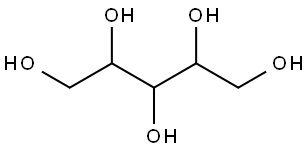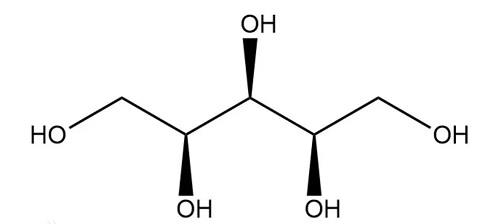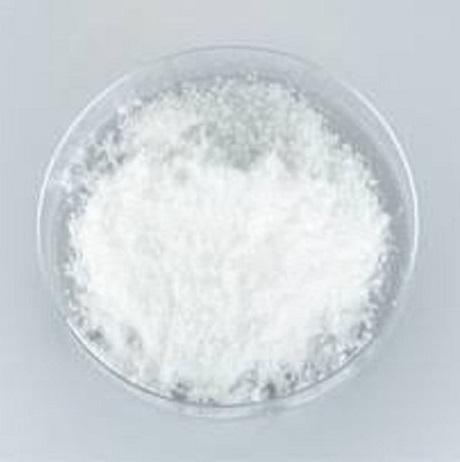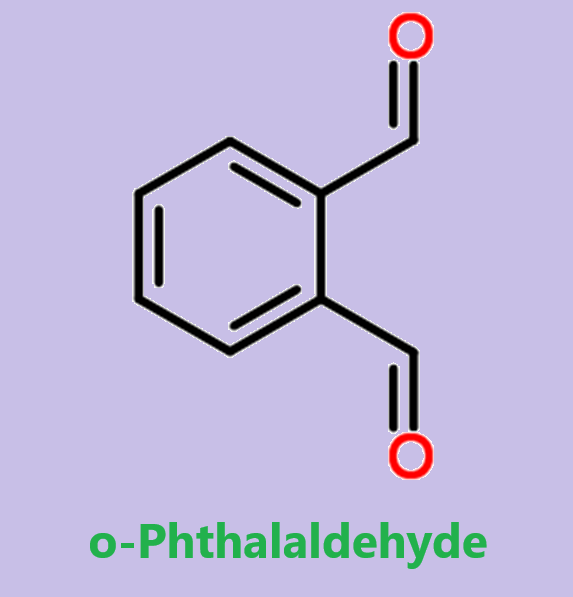Benefits and Side Effects of Xylitol
Xylitol is a nutritive sweetener that can be used as a substitute for sucrose or glucose. Xylitol is found in very small amounts in many plants, especially strawberries, raspberries, and broccoli. It is usually synthesized chemically. Like fructose, xylitol is soluble in water. It is very stable to heating and freezing. Xylitol has a pungent sweet taste in aqueous solutions, and its sweetness is roughly comparable to that of fructose. The sweetness can be reduced by heating or adding fruit acids.
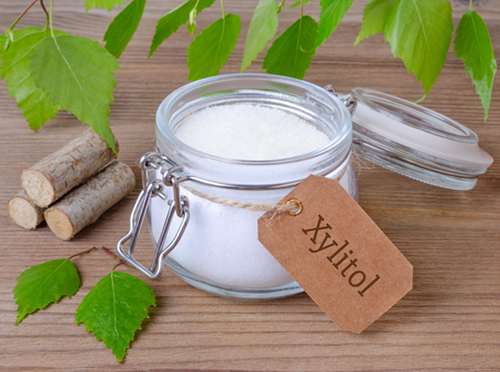
Benefits
Prevents tooth decay or caries
Since xylitol is not broken down like sugar, the pH level in saliva rises and no acid is formed. In addition, xylitol stimulates saliva secretion, which helps repair damaged tooth enamel and promotes tooth remineralization. Saliva containing xylitol has higher concentrations of ammonia and amino acids, which raises the pH level and makes tooth enamel harder. Bacteria cannot use xylitol as food, so they are essentially starved and cannot reproduce. Studies have shown that dental products using xylitol can effectively reduce acid-producing bacteria by up to 90%. Xylitol can also prevent bacteria from adhering to the surface of teeth, thereby reducing the formation of dental plaque.
Edible alternatives for diabetics
Xylitol has 40% fewer calories and 75% fewer carbohydrates than sugar, and does not raise blood sugar, and is considered a potentially useful sweetener in the diabetic diet. And there are no short-term side effects, but it should be noted that long-term high-dose use may have certain health risks and should be used under the guidance of a doctor.
Preventing acute otitis media in children
Xylitol has been shown to prevent acute otitis media in children. A dose of 2 grams five times a day (after meals and snacks) is most appropriate. Children who can chew gum are best taken by chewing gum. And children tolerate it well and easily accept it, with minimal side effects (such as stomach cramps, diarrhea).
Side effects
Oral xylitol appears to be safe, and most people add xylitol to their diet without obvious side effects. Like sorbitol, xylitol can cause osmotic diarrhea if consumed in large amounts, limiting oral intake. However, like sorbitol, xylitol can cause digestive problems such as osmotic diarrhea, such as gas, bloating, and diarrhea if consumed in large amounts. There are signs that xylitol, like some non-nutritive sweeteners, may be associated with bladder tumors in mice when consumed in large amounts. In addition, xylitol, like erythritol, may present long-term cardiovascular health risks. Both xylitol and erythritol have been linked to increased blood clot formation. This, in turn, could increase the risk of a heart attack or stroke.
References:
[1] BRUNZELL J D. Use of fructose, xylitol, or sorbitol as a sweetener in diabetes mellitus.[J]. Diabetes Care, 1978, 1 4: 223-230. DOI:10.2337/diacare.1.4.223.
[2] JEFFREY L DANHAUER. Xylitol as a prophylaxis for acute otitis media: systematic review.[J]. International Journal of Audiology, 2010, 49 10: 754-761. DOI:10.3109/14992027.2010.493897.
[3] SOOCH B S. XYLITOL: A SUGAR SUBSTITUTE FOR PATIENTS OF DIABETES MELLITUS[J]. World journal of Pharmacy and pharmaceutical sciences, 2017, 67 1: 741-749. DOI:10.20959/WJPPS20174-8946.
You may like
Related articles And Qustion
See also
Lastest Price from Xylitol manufacturers
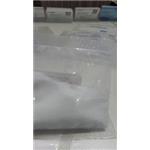
US $0.00-0.00/kgs2025-06-20
- CAS:
- 87-99-0
- Min. Order:
- 25kgs
- Purity:
- ≥99.0%
- Supply Ability:
- 100 tons

US $0.00-0.00/kg2025-06-13
- CAS:
- 87-99-0
- Min. Order:
- 0.001kg
- Purity:
- 99.99%
- Supply Ability:
- 1000000kg
